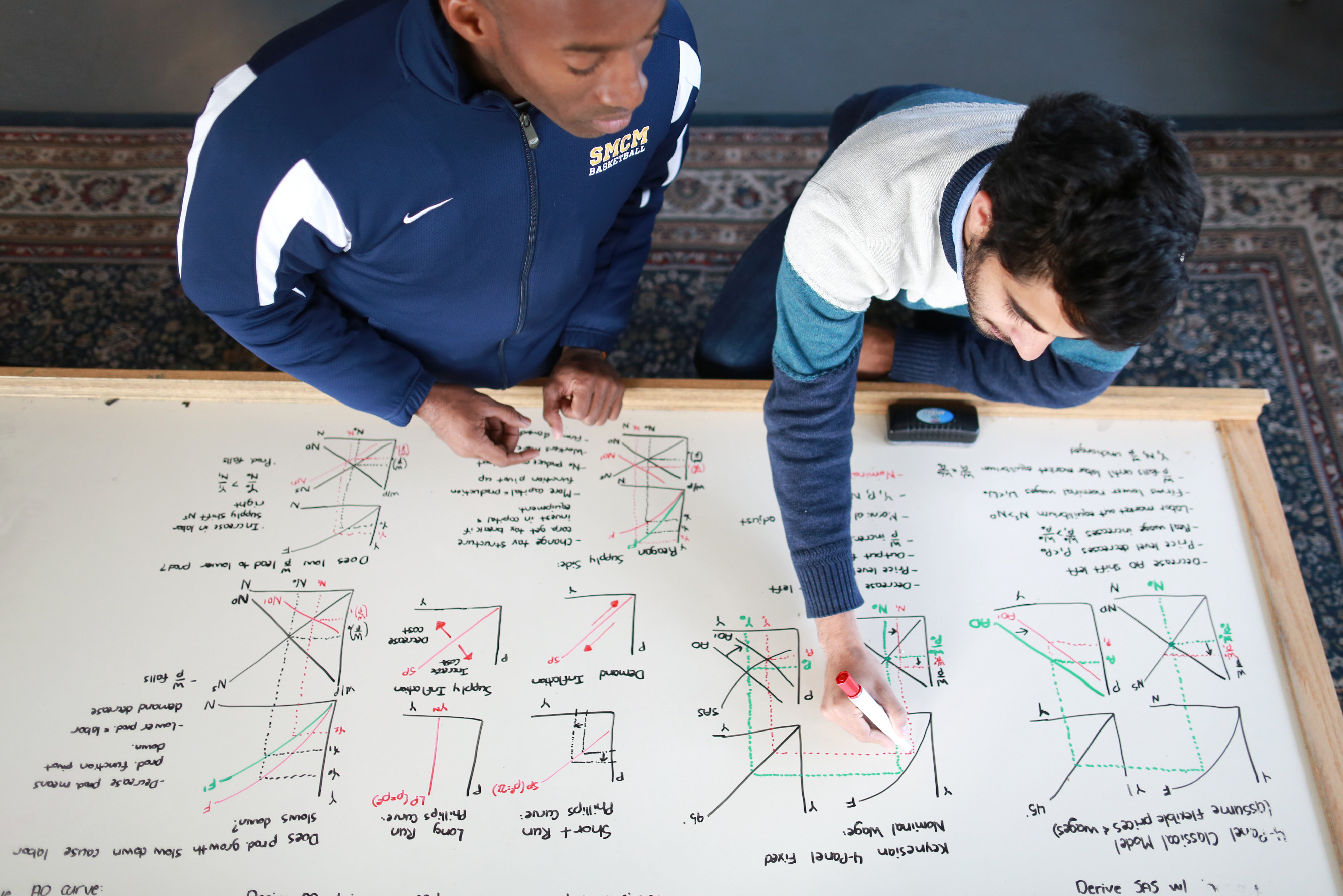Background of the Honors Education Consortium
One of NSSE’s newer consortia, the Honors Education Consortium began as a partnership between NSSE and the National Collegiate Honors Council (NCHC). In 2015 and 2017, NSSE administered sets of experimental items, assigned to a subgroup of institutions, which asked whether survey respondents had participated in an honors program or college. Some findings connecting honors participation and student engagement were presented at conferences and published as scholarly journal articles. Andrew Cognard-Black, professor at St. Mary’s College of Maryland and the Research Committee Co-Chair of the NCHC, contacted NSSE Research Scientist Angie Miller about these findings, wanting more information on how NSSE could be used to compare student engagement for honors and non-honors undergraduates.
“Honors programs and honors students are essentially ignored by the U.S. Department of Education data gathering efforts, and there were no efforts that I knew of to collect student-level data about those who participate in honors programs outside of local surveys at individual institutions,” says Dr. Cognard-Black. “The NSSE Honors Education Consortium gives us a way to collect those data while taking advantage of the existing survey apparatus of NSSE.”
Beginnings
The NCHC Research Committee found the idea of creating a NSSE Consortium very appealing, because they could write their own items, with the assistance of NSSE staff, on topics that held specific interest. After nearly a year of debating essential topics and carefully crafting the survey items, the Honors Consortium had its first year of data collection during the 2019 NSSE administration. The topics included: motivation, academic exploration and risk-taking, tolerance of ambiguity, curiosity, personal and career goals, and physical and mental well-being. Although titled “Honors” and spearheaded by people working in collaboration with NCHC, these consortium items were written with the intent to be given to ALL first-year and senior students, so participating institutions do not miss out on any valuable survey data. However, the consortium institutions flag honors students in their NSSE population files, which is a unique aspect of this consortium’s coordinated methodology. This allows consortium participants to make comparisons between honors and non-honors students, and link survey results to honors programs.
Three Years of Research
The Honor Consortium has had active participation over the most recent three NSSE administrations, with 10 institutions in 2019, 3 in 2020, and 10 in 2021. The consortium data shows great promise for research in the field, with findings presented at several different conferences thus far.
Some highlights from these studies include:
- Honors students were not experiencing any more stress, depression, or mental/emotional exhaustion than non-honors students, although ongoing research will explore whether this pattern changed during the pandemic.
- Honors students were higher than their non-honors peers on several items related to intellectual curiosity, and were less concerned with making a lot of money as a future goal.
- Honors program participation is a positive predictor of encouragement to explore new opportunities and feeling like part of an academic community for seniors.
- Honors program participation is a positive predictor of first-year students’ intention to return to an institution for the following school year.
- Senior honors students were more likely to present results of research and creative works both ON and OFF campus.
Example results from 2019 National Association for Gifted Children conference presentation:
- 39% of senior honors students vs. 17% of non-honors students presented results of research, scholarly activities, creative works at formal conference/exhibition on campus.
- 23% of senior honors students vs. 10% of non-honors students presented results of research, scholarly activities, creative works at formal conference/exhibition off campus.


